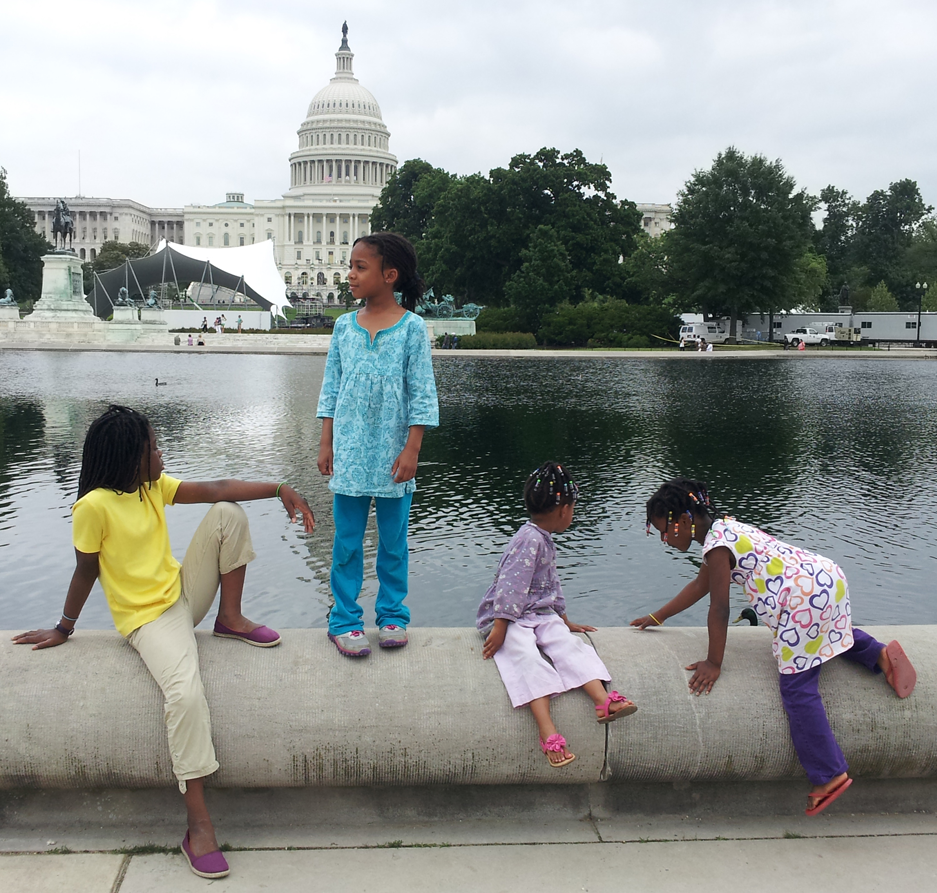we’re studying the development of language,
and as an extension made paper like the Chinese first did.
(the Egyptians were the first to make paper,
but they used a layering technique with papyrus
while the Chinese used pulp from cloth.)
we used two Ikea frames:
one became our mold,
the other — doctored up with screening and duct tape —
was our deckle.
next we tore up colored paper scraps from our recycling bin.
we put our scraps in the blender with warm water and then…





we flipped the mold over onto felt and newspaper (to soak up surplus water) and…



the pink flecks in the blue paper above are flower petals that were added in the pulp
between blending and pouring.
here’s a good video to watch before you start:
http://video.about.com/familycrafts/How-to-Make-Paper-With-Kids.htm
and an excellent book to read after you’ve made paper the first time
and want to upgrade the look and feel of your paper:
paper making for kids: simple steps to handcrafted paper by beth wilkinson
this what we call hands-on history!




